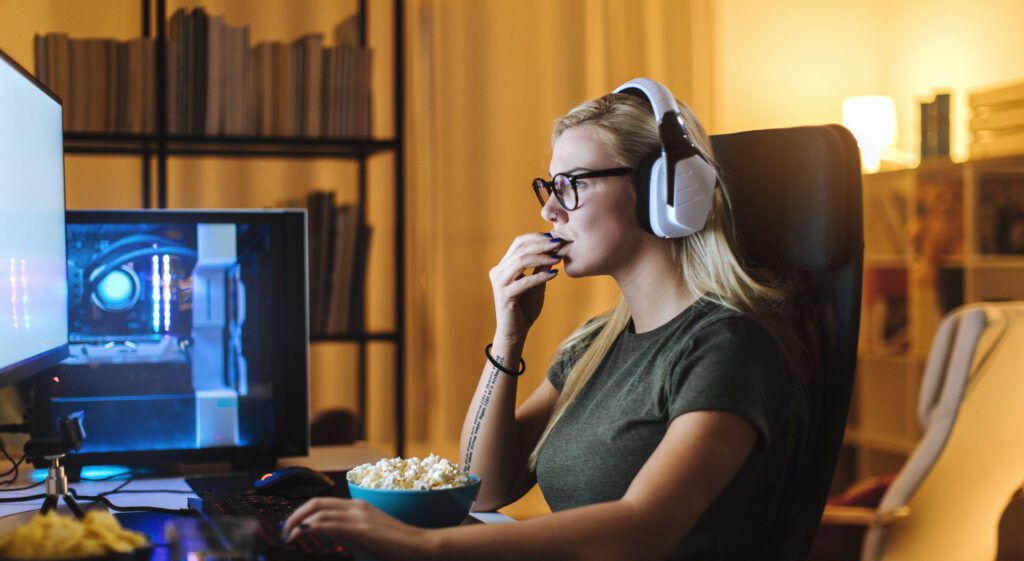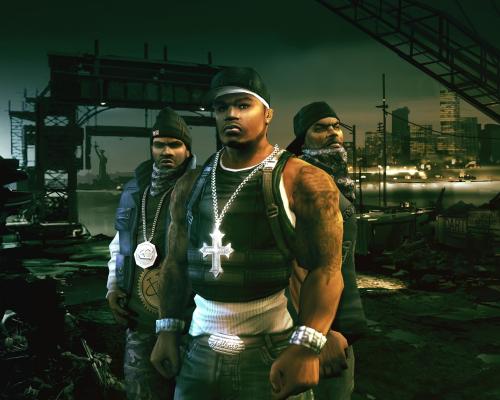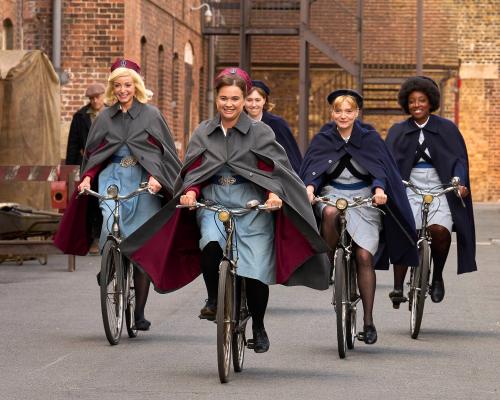
Video games have long been labeled as time-wasters or even mental health risks. But today, researchers, therapists, and gamers themselves are rewriting that narrative.
Gaming isn’t just escape. For millions, it’s connection, stress relief, cognitive training, and even healing.
Let’s take a deeper look at the complex—and often misunderstood—relationship between gaming and mental health.
Beyond the Headlines: What Science Actually Says
The media loves a dramatic headline—”Violent Games Make Teens Aggressive” or “Gamers Are Addicted to Screens.” But the truth is more nuanced.
Recent studies show:
- Moderate gaming can reduce anxiety and depression symptoms
- Games promote cognitive flexibility, especially puzzle or strategy-based ones
- Social gaming supports emotional resilience and real friendships
- Excessive or compulsive gaming, however, can correlate with issues—but usually in people already struggling
It’s not about if gaming is good or bad. It’s about how, what, and why people play.
Gaming as a Coping Mechanism
For many, video games offer:
- A break from stressful reality
- A sense of control in unpredictable lives
- Achievement when real life feels stagnant
- Distraction from chronic pain or emotional trauma
This doesn’t mean escapism is always healthy. But intentional, mindful play can be powerful for regulation.
Social Connection Through Games
Contrary to the stereotype of the isolated gamer, most gamers play socially.
Examples:
- Animal Crossing created a cozy community during global lockdowns
- Fortnite and Minecraft became digital playgrounds for millions of teens
- Discord servers function like modern hangouts or support groups
- MMO guilds often offer more loyalty and support than real-life networks
Especially during the pandemic, gaming became a lifeline for connection.
Games That Address Mental Health Directly
Some games are built specifically around mental health themes.
Notable titles:
- Hellblade: Senua’s Sacrifice – explores psychosis with developer consultation from neuroscientists
- Celeste – a metaphor for anxiety and self-doubt
- Gris – a visual journey through the stages of grief
- Kind Words – a safe space for sending and receiving anonymous support
- Sea of Solitude – portrays loneliness as literal monsters to be faced
These games don’t just entertain—they build empathy and give language to invisible struggles.
The Risks: When Gaming Becomes Harmful
As with any activity, balance matters.
Warning signs of problematic gaming:
- Neglecting sleep, hygiene, or responsibilities
- Withdrawing from friends or family
- Using games to avoid all emotions or real-life challenges
- Feeling guilt or anxiety when not playing
- Losing joy in anything else
Gaming should be a tool, not a trap. When play becomes compulsion, it’s time to pause and reflect.
The Difference Between Use and Abuse
Think of gaming like food:
- Eating is necessary and joyful—but overconsumption, emotional reliance, or imbalance causes harm
- Mindful consumption = wellness
- Excess = health risk
Healthy gaming includes:
- Scheduled breaks
- Real-world activities
- Playing for fun, not escape only
- Talking about your emotions—even if through a fictional character
Parents, Teens, and Screen Time
Many parents worry about their kids’ gaming. The key isn’t to ban it—but to guide it.
Tips:
- Play with them (even if you’re bad at it)
- Ask why they like certain games—what are they processing or expressing?
- Balance games with sleep, school, and outdoor time
- Teach emotional awareness: “What mood are you in when you play?”
- Praise effort, creativity, teamwork—not just wins
Gaming can open dialogue—not shut it down.
Therapy Meets Gaming
More therapists are using games in treatment:
- Virtual reality tools to treat phobias or PTSD
- Role-playing games to explore social dynamics
- Story-based games to practice decision-making
- Game mechanics as metaphors (leveling up, resilience, quests)
Even AI-driven games are being developed to detect early signs of emotional distress or cognitive decline.
Final Thoughts
Gaming is not the villain it’s often made out to be.
Done right, it’s a form of art, escape, growth, connection, and even healing.
Like any tool, it can empower—or overwhelm. But when used mindfully, video games offer something truly rare: emotional impact in an interactive space.
So the next time someone says gaming rots your brain—tell them the truth: it just might help you heal it.







